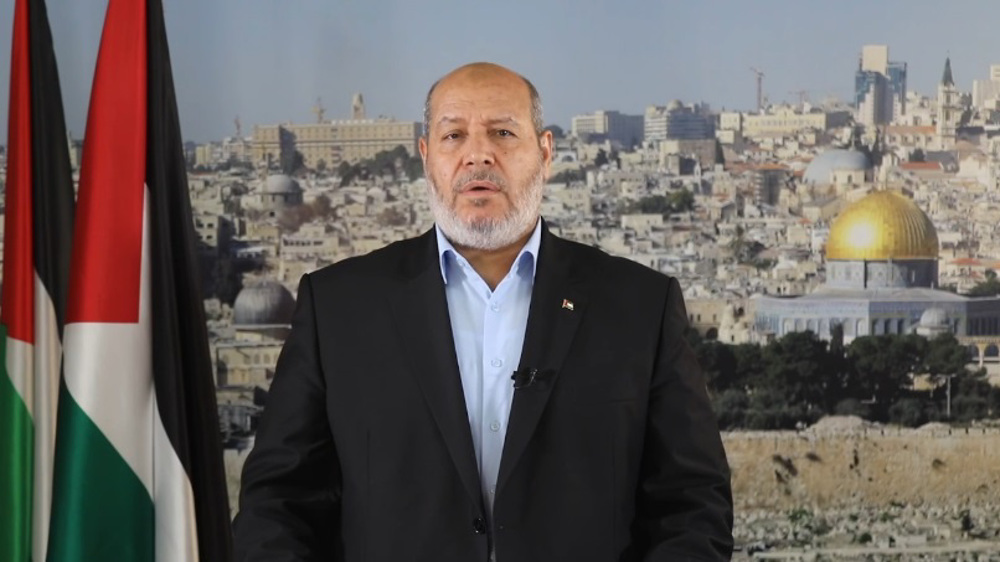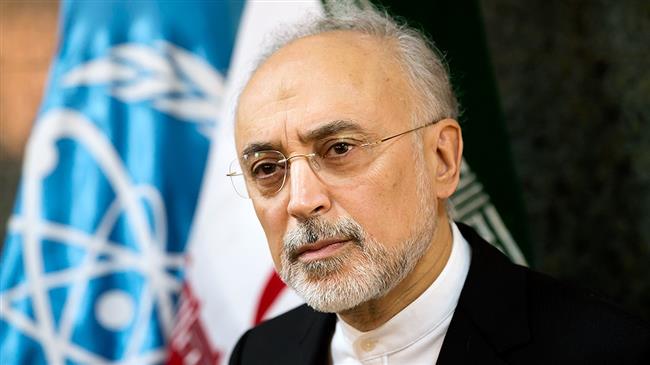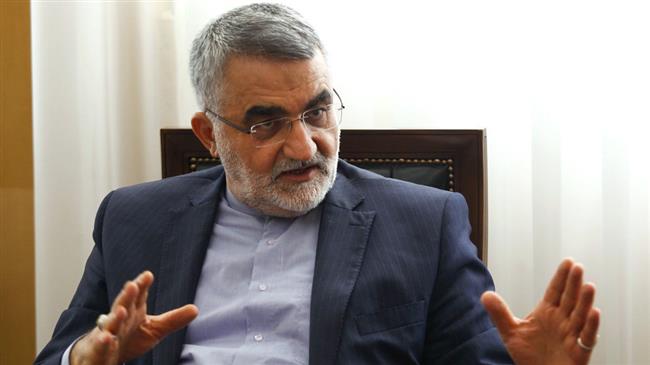Iran, German FMs reject links between nuclear deal, missile program
The Iranian and German foreign ministers have stressed that Tehran's missile program is not related to the country's nuclear deal with the world powers.
Iran's Foreign Minister Mohammad Javad Zarif and his German counterpart Heiko Maas made the remarks during a telephone conversation on Friday, IRNA reported.
Zarif called on the European Union to pressure the US to fully honor its commitments under the nuclear deal, known as the Joint Comprehensive Plan of Action (JCPOA), in an attempt to ensure that the accord is fully implemented.
Iran and the five permanent members of the United Nations Security Council – the US, France, Britain, Russia and China – plus Germany signed the nuclear agreement on July 14, 2015 and started implementing it on January 16, 2016.
Under the JCPOA, Iran undertook to put limits on its nuclear program in exchange for the removal of nuclear-related sanctions imposed against Tehran.
US President Donald Trump has threatened to walk away from the nuclear deal and reimpose sanctions by May 12 unless tough new restrictions are imposed on Iran's nuclear and missile programs.
Trump wants Iran's missile capabilities to come under the provisions of the nuclear agreement, which Tehran vehemently rejects.
The US president has called on America's European allies to agree to tougher measures and new conditions for Washington to remain in the deal.
In March, German Chancellor Angela Merkel warned against serious repercussions of a US decision to pull out of the multilateral agreement, saying such a move would plunge the Middle East into war.
Despite the US pressures, the International Atomic Energy Agency (IAEA) has filed nine consecutive reports over the past two years verifying Iran’s compliance.
Regional issues
The Iranian and German foreign ministers also discussed bilateral ties as well as regional and international issues.
Zarif slammed US wrong policies in the Middle East, including its massive arms sales to the regional states and Washington's support for terrorist groups, warning that such measures will lead to instability and insecurity in the region.
The Iranian foreign minister also condemned any suspected use of chemical weapons in Syria. He underlined the need for an impartial international probe into the reported incident and warned against the perilous consequences of any military action for regional peace and security.
The two sides reaffirmed the need for finding a political solution to resolve the Syrian crisis.
The US has been threatening Damascus with military action since April 7, when a suspected chemical attack on the Syrian town of Douma, Eastern Ghouta, reportedly killed 60 people and injured hundreds more. The Syrian government has already strongly denied using chemical munitions in the flashpoint town.
The suspected chemical attack further put Russia and the US at loggerheads and raised the possibility of direct military confrontation between the two arch foes of the Cold War era in case the Arab country is attacked by Washington. The possibility grew larger on Wednesday, after Trump warned Russia, one of Syria’s key supporters in the fight against foreign-backed militancy, to “get ready” to shoot down “nice and new and smart” American missiles over Syria soon.
Hamas thanks Iran, Resistance Front following achievement of ceasefire in Gaza
'Capitulation': Israeli officials and media concede Gaza defeat as truce unfolds
'Gaza has won': Social media users react to ceasefire with mix of relief, joy
Iran seeks South Korea’s assistance for AI, fiber-optic projects
VIDEO | Iran's 'Eqtedar' (Power) maneuver
Israel hits HTS military target in Syria for 1st time since fall of Assad
VIDEO | Press TV's news headlines
Israel has slaughtered 13,000 students in Gaza, West Bank














 This makes it easy to access the Press TV website
This makes it easy to access the Press TV website